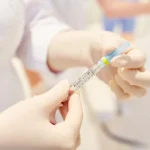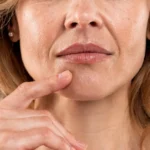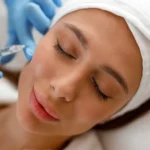THE WHAT? In a significant legislative move, the European Parliament approved rules aimed at banning the sale, import, and export of goods within the EU that are made using forced labor. This decision underscores a growing legislative trend toward reinforcing human rights within global trade practices.
THE DETAILS This legislation, driven by concerns over human rights violations in China’s Xinjiang region, mirrors a similar law enacted by the United States in 2021. The U.S. law was established to protect its market from products potentially compromised by the human rights abuses in Xinjiang, a key cotton-producing area also known for its contribution to the global solar panel market. China, however, continues to deny any wrongdoing in the region.
THE WHY? Under the new EU rules, national authorities across the 27-country bloc or the European Commission itself will have the power to conduct investigations into suspicious goods, supply chains, and manufacturers. These preliminary investigations are mandated to conclude within 30 working days. Products found to be produced with forced labor will be prohibited from being sold within the EU, and affected shipments will be stopped at the EU’s borders.
Clinical aesthetics products refer to a category of products used in the field of medical aesthetics or cosmetic dermatology. These products are typically designed and formulated to be used under the supervision of healthcare professionals, such as dermatologists, plastic surgeons, or trained aestheticians. They are distinct from over-the-counter cosmetics in that they often contain active ingredients or formulations that require expertise in their application or administration.
Examples of clinical aesthetics products include:
-
Dermal Fillers: Injectable substances used to add volume, smooth wrinkles, and enhance facial contours. Examples include hyaluronic acid fillers like Juvederm and Restylane.
-
Botulinum Toxin (Botox): Injectables that temporarily paralyze facial muscles to reduce the appearance of wrinkles caused by repetitive movements, such as frown lines and crow's feet.
-
Chemical Peels: Solutions applied to the skin to exfoliate and improve its texture. They can treat acne, pigmentation issues, and signs of aging.
-
Laser and Light Therapies: Devices that emit focused light or laser energy to treat various skin conditions, including acne, scars, and signs of aging.
-
Prescription Skincare Products: Formulations containing active ingredients like retinoids (vitamin A derivatives), hydroquinone, or prescription-strength antioxidants to address specific skin concerns under medical supervision.






